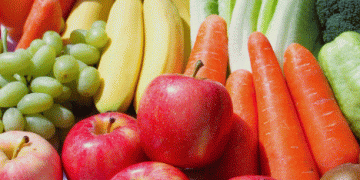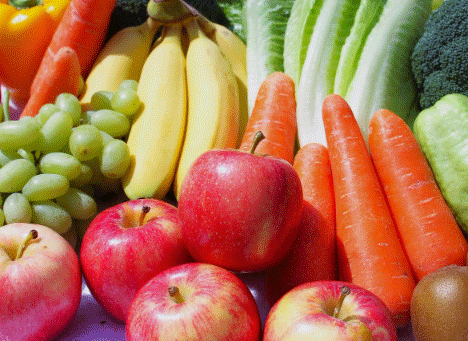The regulation of residues and contaminants in fresh produce has become one of the most dynamic areas in food safety law, presenting ongoing challenges for quality management teams across the industry. With updated limits on contaminants, new residue definitions, and the phased-out approval of certain active substances, staying informed is crucial for those working in quality assurance and laboratory analysis.
The Frische Seminar, a training arm of the German Fruit Trade Association (DFHV), will host an informative webinar on November 20, 2024. Led by Dr. Andreas-Sascha Wendt, a certified food chemist with decades of expertise in residues and contaminants, this session aims to provide quality managers, quality assurance professionals, and laboratory personnel with an overview of the latest developments in this sector. Dr. Wendt, from Lach & Bruns Partnerschaft, will cover both the key updates from 2024 and anticipated regulatory challenges for 2025, ensuring participants are well-prepared to adapt to the fast-paced changes.
The focus will be on understanding regulatory shifts, such as updated maximum residue levels (MRLs) and the re-evaluation or removal of certain substances from the approval list. These changes are crucial for compliance, as new residue definitions impact the analysis methods and benchmarks that companies must meet. Non-compliance can have serious ramifications, from product recalls to damaged brand reputation, which is why keeping up with these changes is essential for every stakeholder in the fresh produce supply chain.
Members of DFHV benefit from discounted rates on this seminar, making it more accessible for companies to invest in their teams’ knowledge and preparedness. Participants can register for the webinar on DFHV’s Frische Seminar website, where they’ll also find information on the broader training offerings available throughout the year.
The webinar on residues and contaminants by DFHV’s Frische Seminar is an invaluable opportunity for professionals to gain current insights and prepare for future regulatory challenges. With food safety laws constantly evolving, industry professionals must remain informed to ensure compliance, protect their brand, and contribute to safer produce supply chains.































